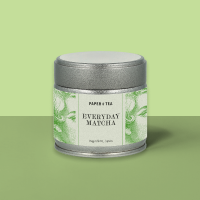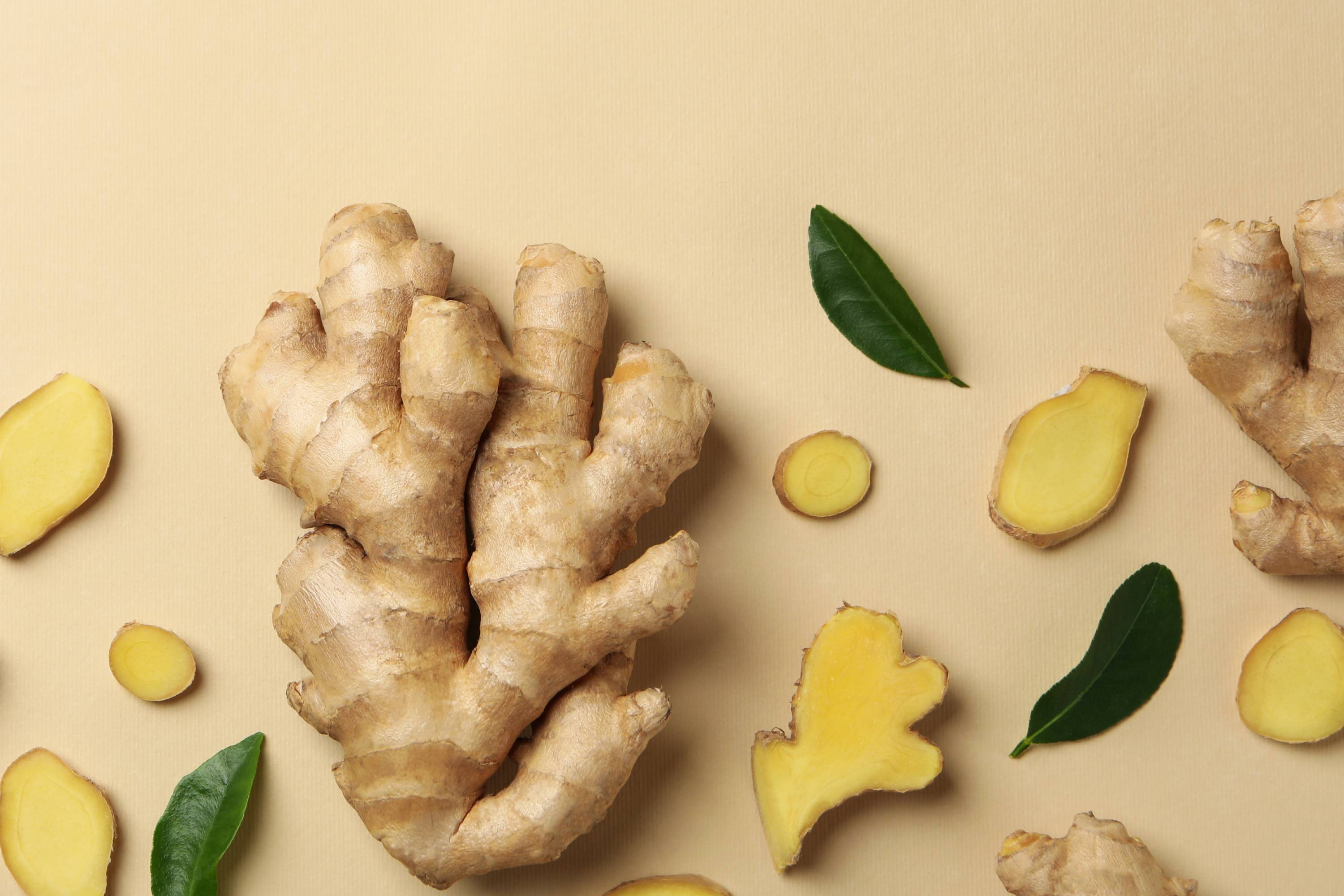Description of the Plant
Lemongrass belongs to the family of sweet grasses and consists of a narrow bulb from which elongated leaves grow closely wrapped. The spice has no botanical relation to the lemon fruit; the name derives from its citrusy aroma. The valuable essential oils, particularly the characteristic citral, are hidden in the bulb, while the elongated leaves of the sweet grass are rather woody and lack flavor. Fresh lemongrass is available in the refrigerated section of well-stocked Asian supermarkets or in dried form. It is a central component of Southeast Asian cuisine and also plays an important role in traditional Asian medicine.
Historical Background
Lemongrass has its roots in Southeast Asia and is an important part of traditional cuisine in countries like Thailand, Vietnam, and Malaysia. It has been used for centuries as a spice in curries, soups, and stews, often in combination with ginger, turmeric, garlic, and galangal. With the increasing spread of Asian cuisine, lemongrass has reached other regions of the world and is now a popular ingredient in foods and beverages.
Interesting Facts about Lemongrass
In addition to its culinary use, lemongrass is widely used in the perfume industry and in the production of scented candles. The fragrant essential oils it contains are even used as natural insect repellents.























